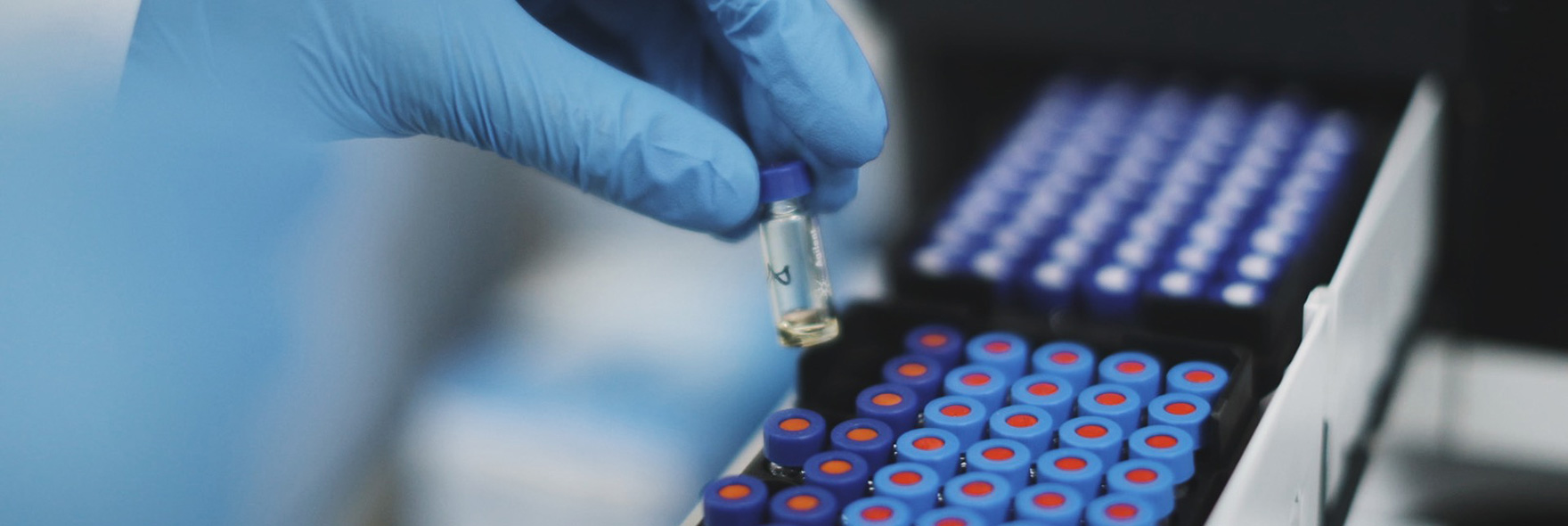Some of the most devastating diseases faced by modern society are not possible to be modulated or cured using small molecule therapeutics. Some pathologies require synthesis of complex proteins with specific biological functions directly in the pathoent’s cells. Some of the complex proteins or even cell therapeutics are much more effective when produced directly inside the human body. Pandemics in the modern world require cost-effective and large-scale production of complex vaccines, capable to adapt to the fast-changing pathogens and
YURiA-PHARM is developing next-generation gene therapies, based on self-amplifying mRNA API. These solutions enable immunogenic and non-immunogenic RNA and protein expression inside the human body cells. The technological platform we are developing has multiple advantages over the state-of-the-art solutions:
- immunogenic or non-immunogenic protein expression in situ
- month-long expression from single dosing
- possibility to titrate therapy to achieve the required pharmacological effect
- multiple dosing possibility
Our platform includes all technologies required for the discovery, preclinical manufacturing and development of mRNA-based therapeutics.
mRNA expression vectors
Therapeutic protein amounts, duration and cell specificity of expression, pharmacokinetics profile – all are coded and controlled by the nucleotide sequence of the translated and untranslated regions of mRNA.
Our optimized vector library contains multiple experimentally validated modules, including:
- Optimized promoter-flanking sequences for T7RNAP
- 5’UTR sequences for optimized Cap-dependent and cap-independent (IRES-driven) translation
- 3’UTR sequences to control subcellular localization, cell-specific expression, functional half-life etc.
- Co-transcriptional polyadenylation library sequences
- Helper elements (aptamers, ribozymes etc.) to enable catalytic, binding of fluorogenic activity for the mRNA itself
Our proprietary vector generation platform PUZZLEX allows seamless library assembly and switching of any module required for optimal RNA functionality.
Currently we are working on the next-generation mRNA vector technology, capable of producing circular RNA.
All vectors are optimized for high copy number, stable propagation in E. coli and are suitable for long (up to 12kb) constructs assembly.
Optimized mRNA production/purification process
Although being more straightforward than any typical recombinant protein production , the mRNA manufacturing process requires multifactorial optimization to allow cost-efficient production of RNA, while controlling its complex impurity profile.
At YURiA-PHARM we have performed extensive process characterization studies to define the design space for the most critical process steps:
- Plasmid linearization
- In vitro transcription
- Multimodal chromatography purification
- Hydrophobic interaction chromatography purification
- Ultrafiltration
- Lyophilization of drug substances
These characteristics along with the production platform application allow to predictably modulate and control critical parameters to design the process, optimal for the product and project requirements.
We routinely perform the mg-scale production and purification of preclinical-grade material for in vitro and in vivo animal studies.
Formulation technologies
Our strategic partnership with Precision NanoSystems Inc (Canada) allows Yuria-Pharm Corporation to perform development of nanocarrier formulations including LNP/LPX/liposome-based formulations for RNA and DNA API, using scalable and GMP-proven NXGEN® toroidal mixer technology. Additionally, formulation scientists at Yuria-Pharm LLC have experience with polymer nanoparticles formulation for nucleic acids and small molecule delivery.
Our formulation capabilities range from hundred-microliters to multi-milliliter in-house formulations allowing to support the discovery and preclinical development of nanocarrier formulations for nucleic acid-based therapeutics as well as a wide range of proteins, small-molecule API, or combined formulations.
Our in-house organic synthesis capabilities and strategic collaborations with partners allow us to introduce novel lipid/lipidoid/polymer chemistries to enable targeting of nanocarriers and control release kinetics.
The prepared formulations are further purified by a combination of methods including dialysis/tangential flow filtration (TFF) for buffer exchange, impurities removal by size exclusion-multimodal chromatography, solvent removal and concentration by TFF and finally sterile filtration.
Our formulation platform is accompanied with a range of analytical tools to enable characterization, QC and process development for the nanocarrier formulations.
Analytical platform
To support the discovery and manufacturing process development for the mRNA-based drugs, we have established a panel of developed and pre-qualified analytical methods. Theyperform extensive characterization and QC of mRNA DS and LPX/LNP formulations to ensure robust SAR mapping and tight control of the specification for research and preclinical-grade material.
All methods in the analytical panel have been developed according to the quality-by-design methodology and are performed by analytical scientists at Yuria-Pharm R&D center internally, ensuring fast analytical feedback, and eliminating the uncertainty, associated with sample transfer and long-term storage.
Our analytical panel is adjusted to perform characterization of both mRNA drug substances and LNP/LPX/liposome-formulated drug products:
- CE-DAD, CE-LIF (identification, content, polyA tail length distribution)
- (U)HPLC-UV (identification, content, purity)
- (U)HPLC-MS (capping efficacy, polyA tail length distribution)
- Sanger sequencing (identification, polyA tail sequencing)
- RT-qPCR, qPCR (identification, residual pDNA, residual E. coli DNA)
- Fluorescent spectrometry (residual pDNA, encapsulation efficacy, apparent pKa of nanocarrier)
- Luminometry (potency)
- ELISA (potency, residual E. coli protein)
- BLI (potency, residual E. coli protein)
- DLS (particle size, PDI, zeta potential)
- SEC-TDA (identification, purity, particle size)
- (U)HPLC-ELSD (lipid identification, lipid content)
- Bioassays (viability, reporter expression, fusogenic potential (DOPE liposomes test)
All required standard compendial procedures for sterile injectable drugs are established as well.
Also, Yuria-Pharm R&D center posesses additional analytical capabilities (Nothern Blotting, NGS, flow cytometry, oligonucleotide mapping (LC-MS/MS) etc.) as well as a complete range of analytical tools for protein analytics to support a variety of discovery and development activities for mRNA-based therapeutics.

